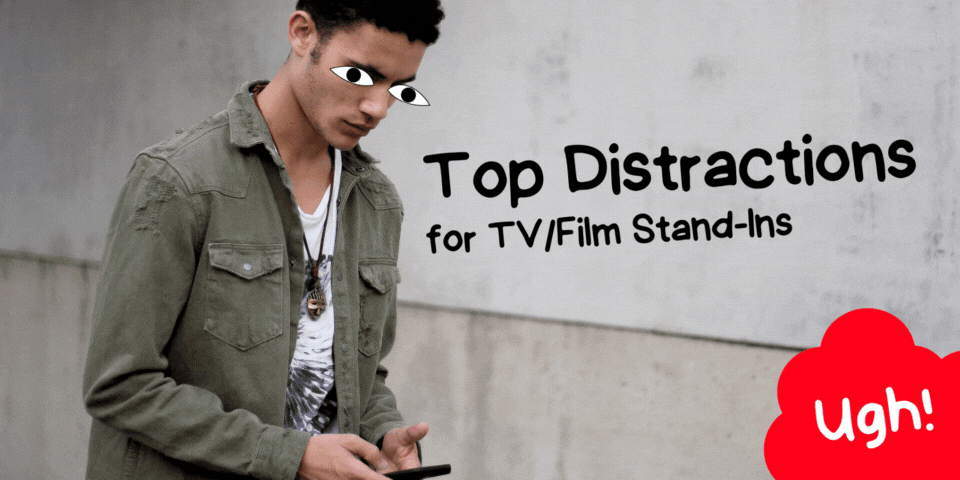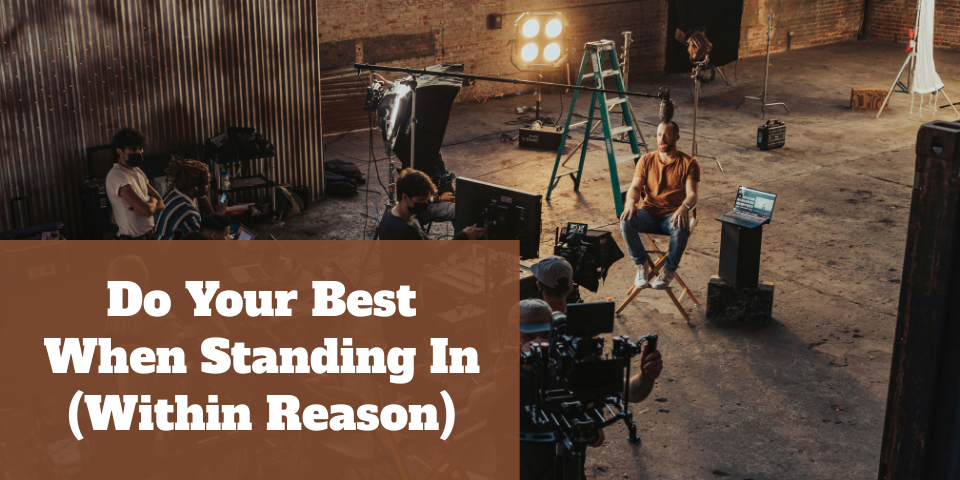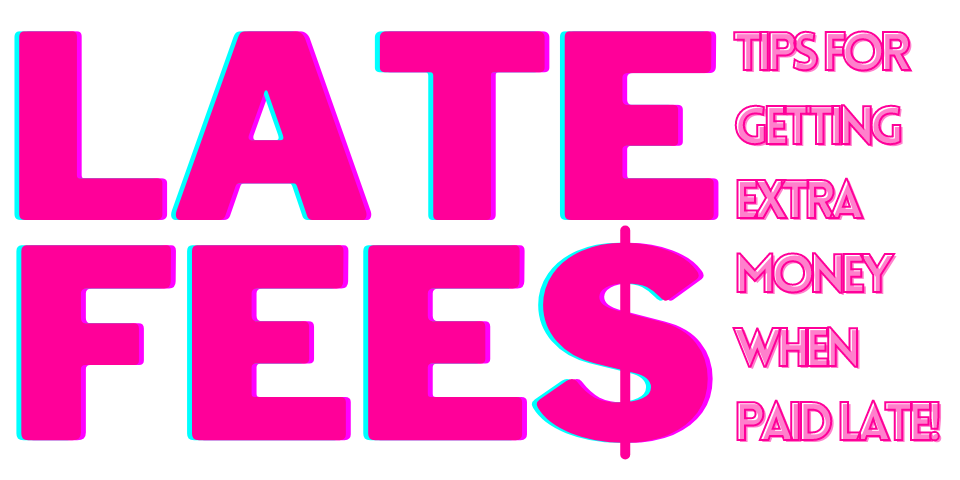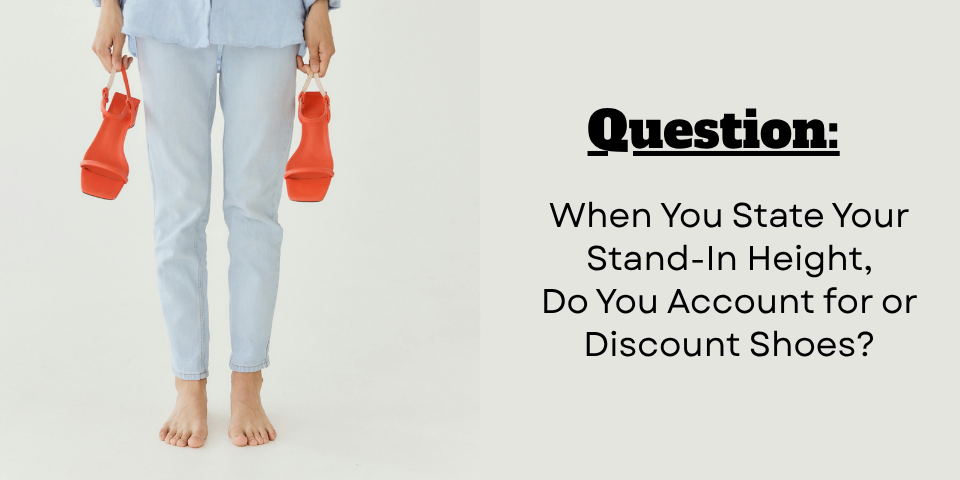Many people think that stand-in work on a TV or film set is a piece of cake.
“Look like the actor. Stand in place. Collect accolades.”
Surely, some stand-in jobs will be just a matter of standing on a mark and doing not much else.
But serious stand-in work involves a lot more.
In actuality, stand-in work on a TV or film set generally requires a surprising amount of concentration in order to do the job effectively.
Hence, stand-ins prone to distraction on the job can find they can’t keep a stand-in job.
What are some of the top distractions for stand-ins? Let’s consider.
Smartphones
It doesn’t take much thought to realize that a smartphone is probably the biggest distraction to TV/film stand-ins.
A smartphone can do a lot of important things for stand-ins:
- It can notify a stand-in about work the next day on the job
- It can notify the stand-in about possible work on other jobs
- It can communicate important information relevant to the job today, down to the minute
- It can allow a stand-in to watch monitors, in order to see how actors are performing from take to take
At that, a smartphone can serve as entertainment during the doldrums or slow times on the job. It can allow a stand-in to multitask between the stand-in work and outside work or life events.
The frustrating issue about smartphones is that even though they may do a lot of important things for stand-ins — even relevant to the current job — a stand-in who gets lost in a smartphone when standing on a mark or otherwise working may be negatively impacting the work of other crew members.
Looking down at a phone when a DP is directing lighting on you, or when a camera operator is lining up a shot, or when a focus puller is trying to focus the lens on you, or when a director or assistant director is trying to give you direction, means you are potentially delaying their progress and disrupting their work.
As a paid employee, that’s unlikely something you intentionally want to do.
Of course, realistically, there are artful and skilled times when stand-ins can sneak a peek at their smartphones. But time and again, less artful and less skilled stand-ins not knowledgable of how important it can be to concentrate on the stand-in work can think no one is using them, and thus get lost in the world of a smartphone, looking down or away rather than at an eyeline, or at another actor, or in a specific, important direction.
Learning to stay away from the smartphone when standing on a mark, or learning when the best times to check are, will go a long way toward keeping a stand-in job and not upsetting other crew members trying to do their jobs using you.
Drama
Whether the drama be on set or off, a stand-in taken by the juicy details and curiosities created by drama can cause a stand-in to lose concentration.
No matter if the drama is comic (awkward social interactions on set) or serious (health crises in one’s family life), the distractions around drama can lead a stand-in to be less reactive to instructions.
Sometimes consideration of drama is important. (Imagine if there is a safety issue on set and a need to attend to it in order to do work safely.) Other times it is unimportant. (Imagine if an actor yelled at a crew member over a hair issue.) Either way, a stand-in may be too distracted to do the job, and second-team rehearsals can suffer.
Learning to compartmentalize work and drama, and learning to set limits on when you will or won’t attend to drama, will help you keep up your work profile on the job, plus afford you appropriate time for dealing with or discussing the drama affecting you.
Health
Of course, no one really wants to work when ill. A stand-in who has a cold, who has an upset stomach, or who has a need to go to the bathroom, can be a distracted stand-in, not having the kind of energy to stand in place for a length of time.
Learning how to deal with health issues and learning how to negotiate cover time for yourself can help you work most comfortably on set during a time when you are feeling less than well.
Relationships
Think someone on set is cute? If so, you might find you’re focused on standing in much less than if you didn’t!
If you find yourself attracted to someone else on set, keep in mind that while that may feel great, your work may suffer. You may find you’re less attentive to calls to come to set, or talking more when you shouldn’t, or more attentive to your smartphone looking for messages or other interactions with the cutie.
Compartmentalize your interactions with those you might be interested in on set. Keep things professional, only flirting where absolutely appropriate (if ever — it is a workplace). Your interactions could not only affect your stand-in work, but also the other person’s work. You don’t want to cause you both the trouble!
Conclusion
All in all, a TV/film stand-in who concentrates on the stand-in work and does not get distracted is more reactive to requests and is possibly even more proactive toward needs requested of stand-ins.
A proactive stand-in effectively “reads the minds” of crew members, knowing what is needed of the stand-in almost before being asked. A distracted stand-in is hardly likely to be proactive, and may not even be reactive, “lost in another world.”
If you want to keep getting called to stand in, make sure you learn about what distracts you, and learn healthy habits for dealing with those things. Doing so could put more stand-in money in your pocket!
What distractions on set do you face when standing in? How do you manage those distractions? Post your tips in the comments section below!







Leave A Comment